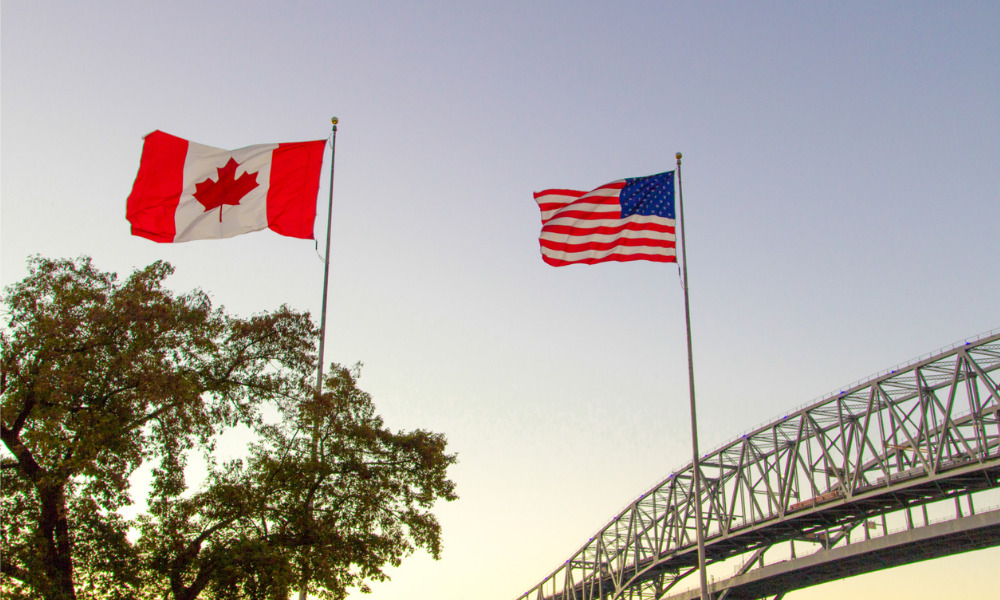
Ontario introduced Bill 100 to prevent illegal blockades at international border crossings

The Canadian Civil Liberties Association (CCLA) has called on the Ontario government to amend Bill 100 to comply with the Charter.
On Mar. 21, the provincial government introduced Bill 100 or the Keeping Ontario Open for Business Act, 2022, to enable law enforcement to immediately respond to unlawful disruptions at international border crossings, such as bridges and airports. Moreover, the bill aims to equip police officers with additional enforcement tools to impose a roadside suspension of drivers’ licences and vehicle permits and seize vehicles’ license plates used in any illegal blockade.
During an oral submission before the Standing Committee on Justice Policy, Thomas Naciuk, a public interest articling fellow at the CCLA, said that the bill puts Charter freedoms, such as the freedom of expression and peaceful assembly and association, “at risk.”
Naciuk argued that the bill does not particularly address a gap in the law. According to him, assuming all “protected transportation infrastructure” is property, any obstruction or interference with the lawful use of that property constitutes mischief under s. 430 of the Criminal Code, regardless of whether it also obstructs ordinary economic activity or endangers others, as the bill would require under s. 2(1).
In more serious cases, mainly where there is a genuine risk of violence, Naciuk noted that the Criminal Code goes further still and prohibits unlawful assemblies and riots.
“The police have arrest powers to enforce these laws,” Naciuk said. “Ultimately, these offences are subject to police and prosecutorial discretion, which must be exercised according to the public interest.”
“This discretion already includes consideration of the types of economic impacts emphasized in Bill 100, as well as the importance of dissent. Duplicating existing legislation needlessly complicates the law, making it less accessible,” Naciuk added.
Naciuk further asserted that the bill would encroach on the right to peaceful protest.
“By defining the prohibitions in section 2 of the bill in terms of interference with the ‘ordinary use’ of protected transportation infrastructure, it goes beyond what is necessary to maintain the public order and makes no allowances for protests that inconvenience or cause disruptions,” Naciuk said.
In addition, Naciuk expressed his concern about the proposed roadside suspension powers under s. 7 of the bill.
“Unlike the provisions of the Highway Traffic Act for failing a breathalyzer test, Bill 100 does not rely on any empirical measure, but on the far more flexible ‘reasonable grounds to believe’ standard, as assessed by a single police officer,” Naciuk said.
With this, Naciuk asked for significant amendments to the bill to ensure its constitutionality.
“The CCLA recognizes that protest rights have limits,” Naciuk said. “In a free and democratic society, there must be room to challenge authority, including through disruption, without granting licence to create widespread pandemonium and chaos.”